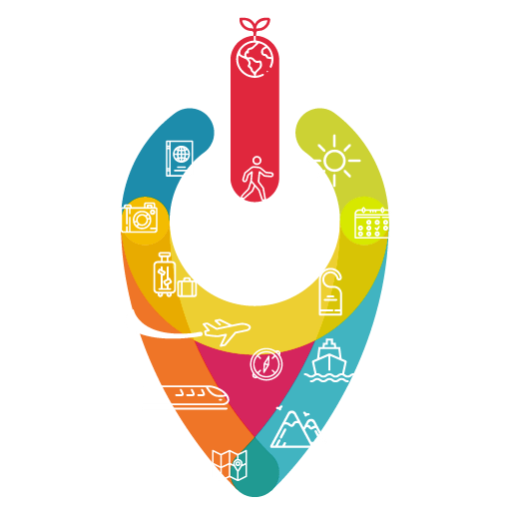In the last weeks we showcased the third among the RESETTING project areas of experience, concerning process automatization, sensorization and robotization, and then we introduced the various service providers affiliated with the RESETTING consortium that operate in this field.
Today we push forward by talking about the fourth of the RESETTING project areas of expertise, concerning employee upskilling – the process of providing training and development opportunities to existing employees to enhance their skills, knowledge, and capabilities.
Employee upskilling in the tourism sector is crucial for maintaining a competitive edge and providing exceptional customer experiences in a rapidly changing industry. Here are some specific considerations and techniques for upskilling employees in the tourism sector:
Training Programs:
– In-House Workshops and Seminars: Organize regular workshops and seminars conducted by experts within your organization or external trainers.
– Online Courses: Utilize online learning platforms or create a customized learning management system (LMS) to offer a variety of courses.
– Classroom Training: Traditional classroom-style training can be effective for certain skills and topics.
On-the-Job Training:
– Encourage employees to learn by doing. Assign them projects or tasks that require them to acquire new skills.
– Implement mentorship programs where experienced employees guide and train newer ones.
Cross-Training:
– Encourage employees to explore different roles within the organization, broadening their skill set and understanding of various functions. This helps in creating a more flexible and adaptable workforce.
Certifications and Credentials:
– Support employees in obtaining relevant industry certifications or credentials. These can serve as valuable endorsements of their skills.
– Offer financial incentives or time off for employees who successfully complete certifications.
Feedback and Evaluation:
– Provide regular feedback and evaluations to help employees understand their strengths and areas for improvement.
– Use performance reviews as opportunities to discuss and plan for upskilling.
Soft Skills Development:
– Focus on developing soft skills like communication, teamwork, leadership, and adaptability. These skills are crucial for personal and professional growth.
Concerning the skills and knowledge taught in the various courses and training programs, the following would be the most important for entities operating in the tourism sector:
Cultural and Language Training: Tourism often involves interactions with people from diverse cultural backgrounds. Offer language and cultural sensitivity training to employees, especially those in customer-facing roles.
Customer Service Excellence: Focus on customer service training to enhance the quality of interactions between staff and tourists. Teach employees how to handle difficult situations and provide exceptional service.
Destination Knowledge: Ensure that employees have a deep understanding of the destinations they serve. This includes knowledge of local attractions, history, geography, and current events.
Digital Skills: In the modern tourism industry, digital skills are essential. Train employees on using booking systems, online marketing tools, and social media to reach and engage with tourists.
Sustainability Practices: As sustainability becomes a significant concern in tourism, provide training on eco-friendly practices, responsible tourism, and conservation efforts.
Safety and Emergency Training: Given the potential risks in the tourism sector, provide employees with safety and emergency response training to ensure the well-being of both tourists and staff.
Tour Guiding Skills: For tour guides, offer training in storytelling, public speaking, and engaging tour delivery to create memorable experiences for tourists.
Adaptation to Technology: Stay updated with technological advancements in the industry, such as mobile apps for tourism, virtual tours, and augmented reality experiences. Train employees to use these tools effectively.
Crisis Management: Equip employees with crisis management skills to handle unexpected events like natural disasters, pandemics, or political unrest.
Employee upskilling is an ongoing process, and organizations that invest in their employees’ growth and development tend to have a more engaged and productive workforce. It’s essential to tailor the upskilling strategies to align with the organization’s goals and the specific needs of the employees.
In the tourism sector, upskilling is not only about improving technical skills but also about enhancing the overall tourist experience. Well-trained and knowledgeable employees can create memorable moments for tourists, leading to positive reviews and repeat business. Therefore, investing in employee upskilling is an investment in the long-term success and sustainability of a tourism-related business.
If you are interested in any upskilling techniques to train and bring your employees to the next level, there are many service providers affiliated with the RESETTING consortium that can be hired to assist you, and we will introduce them next week!

